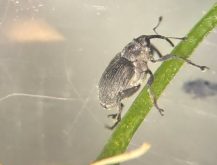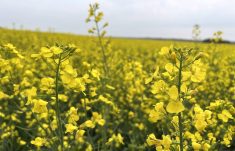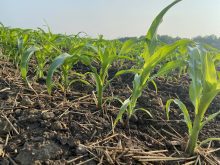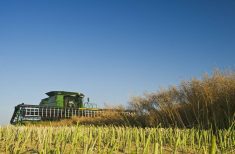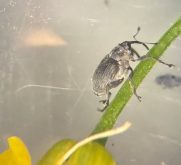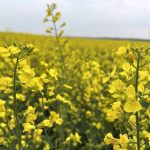The wet weather that has plagued Manitoba farmers also hit the Crop Diagnostic School. But organizer John Heard says that just makes the school more relevant.
“We always say it’s better for us to make the mistakes than farmers,” said Heard, a soil fertility specialist with Manitoba Agriculture, Food and Rural Initiatives (MAFRI).
The 2011 Crop Diagnostic School runs July 5 to 8 and July 11 to 15 at the University of Manitoba’s Ian N. Morrison Research Farm at Carman.
“It’s not very pretty out there,” Heard said in an interview June 30.
Read Also
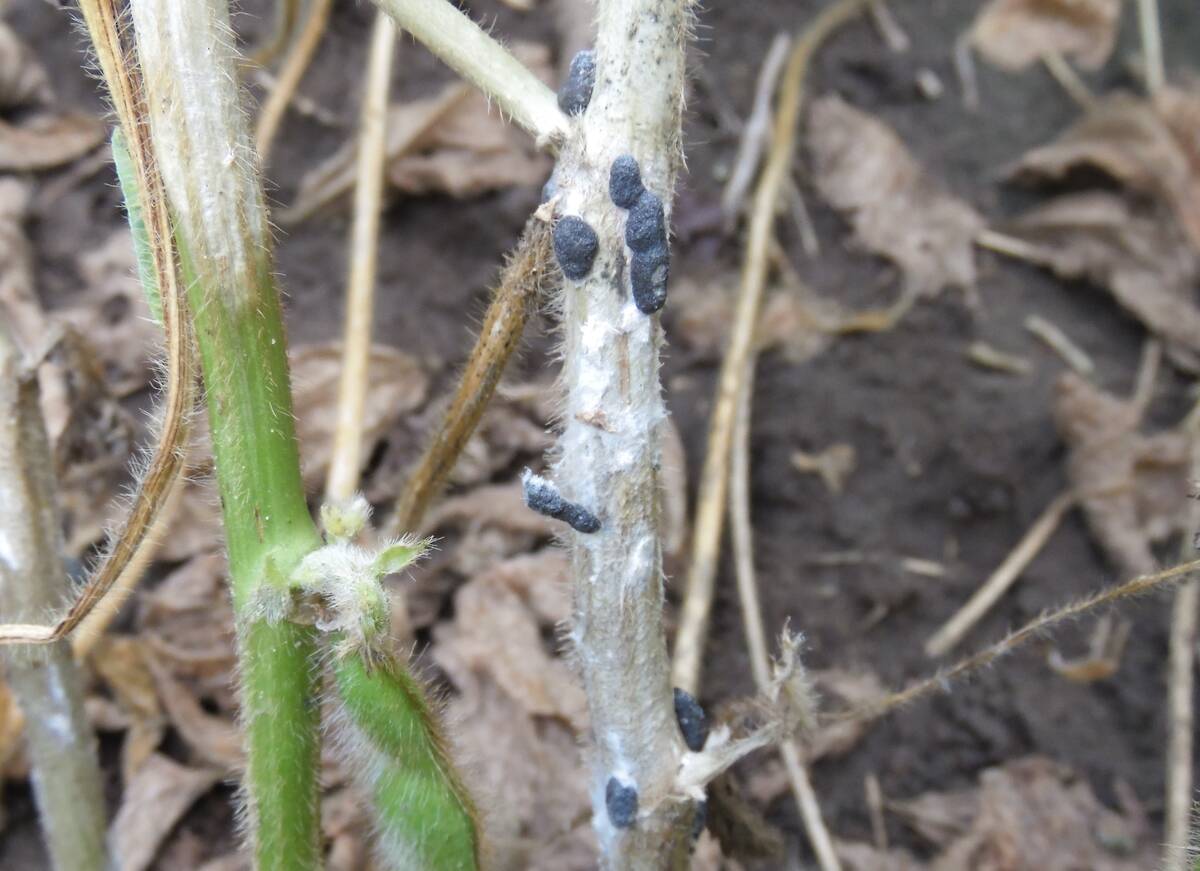
White mould tops 2025 disease threats in Manitoba soybean fields
White mould was found in nearly two-thirds of surveyed Manitoba soybean fields during the 2025 growing season, but at a relatively low intensity in most cases.
“But it allows us to tell new and relevant stories.”
Some of the school’s plots have had to be reseeded. Others are suffering from several flushes of weeds, Heard said.
The school, which is geared to training commercial agronomists as well as farmers, has stations on soil fertility, insects, weeds, plant diseases, pulse, oilseed and forage crops.
DIFFERENT PRODUCTS
One of the lessons on fertility will explore different products designed to improve nitrogen efficiency.
“We’ll be focusing on the mode of action and where and how these products work,” Heard said.
There’s a lesson on the short-and long-term sustainability of phosphorus in crop production.
Another lesson looks at boosting wheat protein by adding nitrogen after the crop has flowered. The practice appears to working in North Dakota.
“We’ll showcase the dos and don’ts about it,” he said.
MAFRI entomologist John Gavloski will teach students about the beneficial and harmful insects in crops such as canola, soybeans, sunflowers and wheat.
The weeds people will explore various burn-down options. There will be mystery plots where students will be asked to determine a herbicide’s mode of action based on its impact on the crop and weeds.
“We didn’t have to look very hard to find a wet part of the farm to look at multiple stresses – wet soil, herbicide stress – this type of thing and what kind of remedy treatments might be used,” Heard said.
University of Manitoba instructor Gary Martens has a lesson on using different seeders for sowing canola and their performance.
NEW SPECIALISTS
MAFRI’s new pulse crop specialist Dennis Lange, along with MAFRI farm production specialist Brian Jack, will have lessons on inoculants and field rolling.
MAFRI’s new plant pathologist, Holly Derksen, will review considerations before applying fungicides to a crop.
MAFRI’s oilseed’s team has lessons on sunflower agronomy and herbicide- tolerant canola.
MAFRI’s forage specialist Glenn Friesen will have tips on growing greenfeed.
“Agronomists that are going to be assisting farmers in getting forages re-established this will be good stuff,” Heard said.
There will also be information on phosphorus management.
It costs $160 per person to attend the Crop Diagnostic School, which runs from 8:30 a.m. until 4 p.m.
This year only farmers will be able to attend for free Thursday, July 14, in recognition of the excessively wet spring they’ve faced, Heard said.
Space is limited and assigned on a first-come, first-served basis.
To register call 204-745-5663. Go to www.cropdiagnostic.ca for more details. [email protected]
———
“It’snotveryprettyoutthere.Butitallows
ustotellnewand
relevantstories.”
– JOHN HEARD



